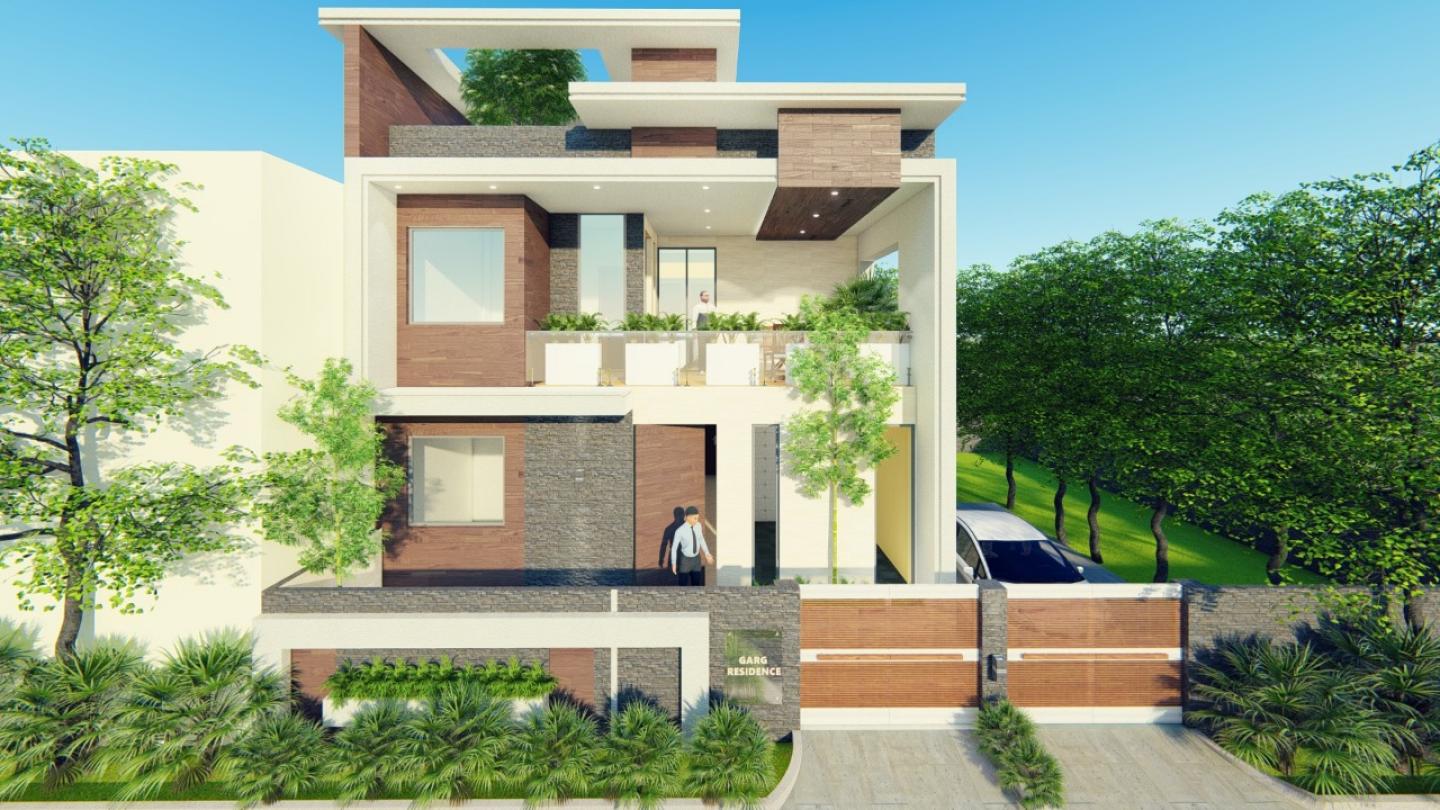Mathura is a city in the Indian state of Uttar Pradesh. It is located approximately 55 kilometres (34 mi) north of Agra, and 145 kilometres (90 mi) south-east of Delhi; about 11 kilometres (6.8 mi) from the town of Vrindavan, and 22 kilometres (14 mi) from Govardhan. It is the administrative centre of Mathura district of Uttar Pradesh. In ancient times, Mathura was an economic hub, located at the junction of important caravan routes. The 2011 Census of India estimated the population of Mathura at 441,894.
In Hinduism, Mathura is believed to be the birthplace of Krishna, which is located at the Krishna Janmasthan Temple Complex. It is one of the Sapta Puri, the seven cities considered holy by Hindus. The Kesava Deo Temple was built in ancient times on the site of Krishna's birthplace (an underground prison). Mathura was the capital of the kingdom of Surasena, ruled by Kansa, the maternal uncle of Krishna. Janmashtami is grandly celebrated in Mathura every year.
Mathura has been chosen as one of the heritage cities for the Heritage City Development and Augmentation Yojana scheme of Government of India.
Mathura is a holy city for Hinduism and is considered the heart of Brij Bhoomi, the land of Krishna. The twin-city to Mathura is Vrindavan.
There are many places of historic and religious importance in Mathura and its neighbouring towns.
Krishna Janmasthan Temple Complex is an important group of temples built around what is considered to be the birthplace of Krishna. The temple complex contains Keshav Deva temple, Garbha Griha shrine, Bhagavata Bhavan and the Rangabhoomi where the final battle between Krishna and Kamsa took place.
The Dwarkadheesh Temple is one of the largest temple in Mathura. Vishram Ghat at the bank of river Yamuna is said to be the place were Krishna had rested after killing Kamsa.
Other notable Hindu religious sites and heritage locations includes the Gita Mandir,[31] Govind Dev temple,[31] Iskcon temple,[5] Kusum Sarovar,[31] Naam yog Sadhna Mandir, Peepleshwar Mahadeo Temple[32][33] and Yum Yamuna Temple
Jama Mosque, Mathura is a notable site for Islam. It was completed by Abd-un-Nabi, governor of Aurangzeb in 1662.
The Mathura Museum is notable for archaeological artefacts, especially those from the Kushan and Gupta empires. It has sculptures associated with Hinduism, Buddhism and Jainism.
2019
2020
plot area = 300 yards
self


